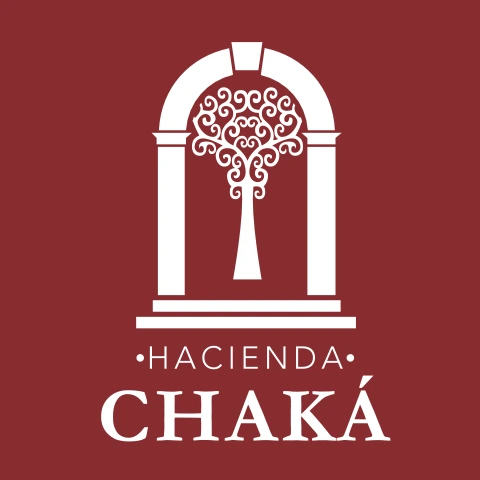
 ENGLISH
ENGLISH

 ENGLISH
ENGLISH


“I returned to Mérida because I was told that my father, a certain Mauricio León Rosas, had had a heart attack.” This is how Mexican actress, playwright, and director Conchi León begins her story. She does so at the opening of her autobiographical monologue Cachorro de León. “Almost everything about my father,” paraphrasing the start of the great Mexican novel of the 20th century: Pedro Páramo. And just as Juan Rulfo, in that novel of the living and the dead, reconstructs a powerful, patriarchal figure in a land still echoing with the revolution, León’s torrential evocation takes the shape of a daughter searching for an abusive, alcoholic father and a childhood shadowed by violence.
Conchi León wrote and premiered Cachorro de León around 2016, around the time she was told her father was dying of a heart attack and wanted to see her again. They had long been estranged, and she hesitated about the possibility of a reunion. “At that time, I had shows in Mexico City and I couldn’t, or didn’t want to, go back,” the actress explained. On this intimate, retrospective journey through memory, fragments of family life resurfaced. There were painful memories of a drunken father who beat his wife, but also joyful ones. “I witnessed that from the age of four. It wasn’t easy to forgive each other, to speak to each other again.” Writing fulfilled its cathartic and distancing function, allowing her to reconsider the past, and with this work she constructed, as she has said, “an ode to forgiveness, to inner monsters, and to the wonder of being alive.”
Anecdotes, sarcasm, and dark humour allow the actress to recall her childhood, her first steps on stage, the terrible accident she suffered and from which her father saved her... while the music of one of Mexico’s idols, Pedro Infante, who lived in Mérida and whom León’s father knew, resounds with the evocative pull of the past.
Cachorro de León, which Conchi León brings to the Festival de Otoño with her company Saas Tún Teatro, is another tessera in the mosaic of this creator’s theatre, who has long addressed the violence suffered by women in her work, taking the struggles of life (of Indigenous women, of at-risk children, of people in prison) as the foundation on which she builds her plays. In them, a “healing” mosaic emerges, a theatre that believes in the power of words and their ability to transform.